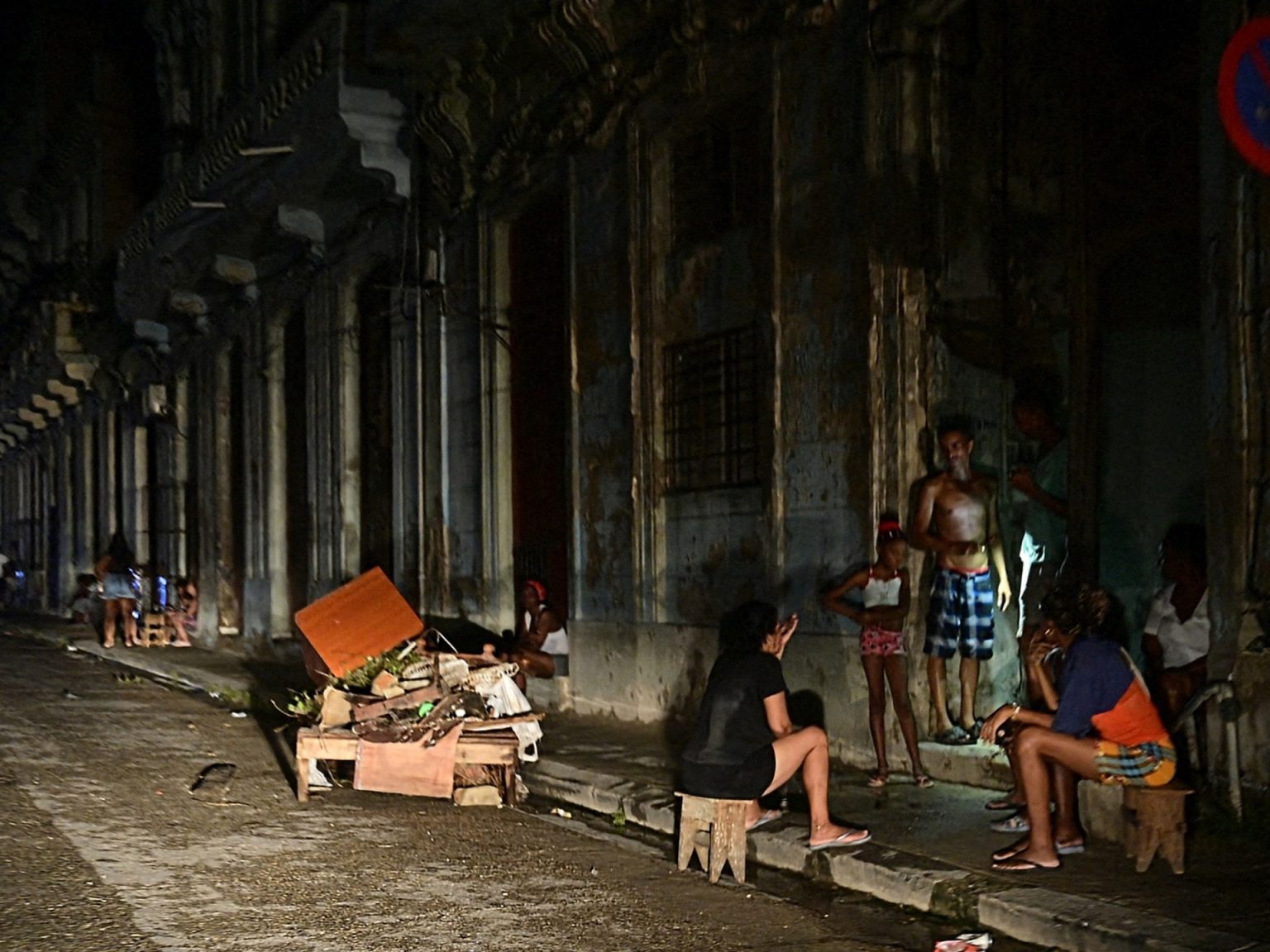Hurricane Oscar has made landfall on the northeastern coast of Cuba, bringing heavy rains and storm surge to an area already struggling with a massive nationwide blackout. The storm hit near the city of Baracoa in the province of Guantanamo with sustained winds of about 130 km/h. The Cuban meteorological survey had warned of an extremely dangerous situation in the east of the country, which had been without electricity or communication ahead of Oscar’s arrival. This comes just days after the failure of Cuba’s largest power plant, adding more pressure to a nation already dealing with shortages of food, medicine, fuel, and water.
The power grid in Cuba had collapsed multiple times in the days leading up to Hurricane Oscar’s arrival, leaving millions of people without electricity. Some residents had been without power for up to 20 hours a day, causing frustration and hardship. The Prime Minister declared an energy emergency, suspending non-essential public services to prioritize electricity supply to homes. Schools were closed and only essential workers were asked to report to work. The situation was blamed on difficulties in acquiring fuel for power plants, which the Cuban President attributed to the US trade embargo.
Residents in Cuba, like Rafael Carrillo and Anabel Gonzalez, were dealing with the consequences of the ongoing blackout. Carrillo had to walk long distances due to lack of public transport, while Gonzalez had lost food in her refrigerator and was growing desperate after three days without power. The challenges faced by the Cuban people have been exacerbated by Hurricane Oscar, making recovery efforts even more difficult. The government was working to protect people and resources in the face of the storm, but the ongoing power outages had left many feeling helpless and frustrated.
Hurricane Oscar’s impact on Cuba comes in the midst of nationwide power outages and a severe economic crisis exacerbated by the US trade embargo. The situation had already prompted public anger and protests in 2021, resulting in violence and injuries. The island had also experienced months of daily power outages in 2022, culminating in a nationwide blackout caused by Hurricane Ian. The Cuban government’s response to these challenges has been to declare an energy emergency and prioritize the restoration of power to homes. Essential services have been suspended, and schools have been closed to allow for recovery efforts to take place.
The ongoing blackout in Cuba has created a sense of uncertainty and desperation among residents as they struggle to cope with the aftermath of the power plant failure and the arrival of Hurricane Oscar. The lack of electricity has disrupted daily life, leaving many without essential services and unable to refrigerate food. The Cuban government is working to restore power and protect its citizens in the face of the storm, but the challenges posed by the blackout and the economic crisis remain significant. As the nation faces the aftermath of Hurricane Oscar, the resilience and determination of the Cuban people will be tested as they work to rebuild and recover from the impact of the storm and the ongoing power outages.


